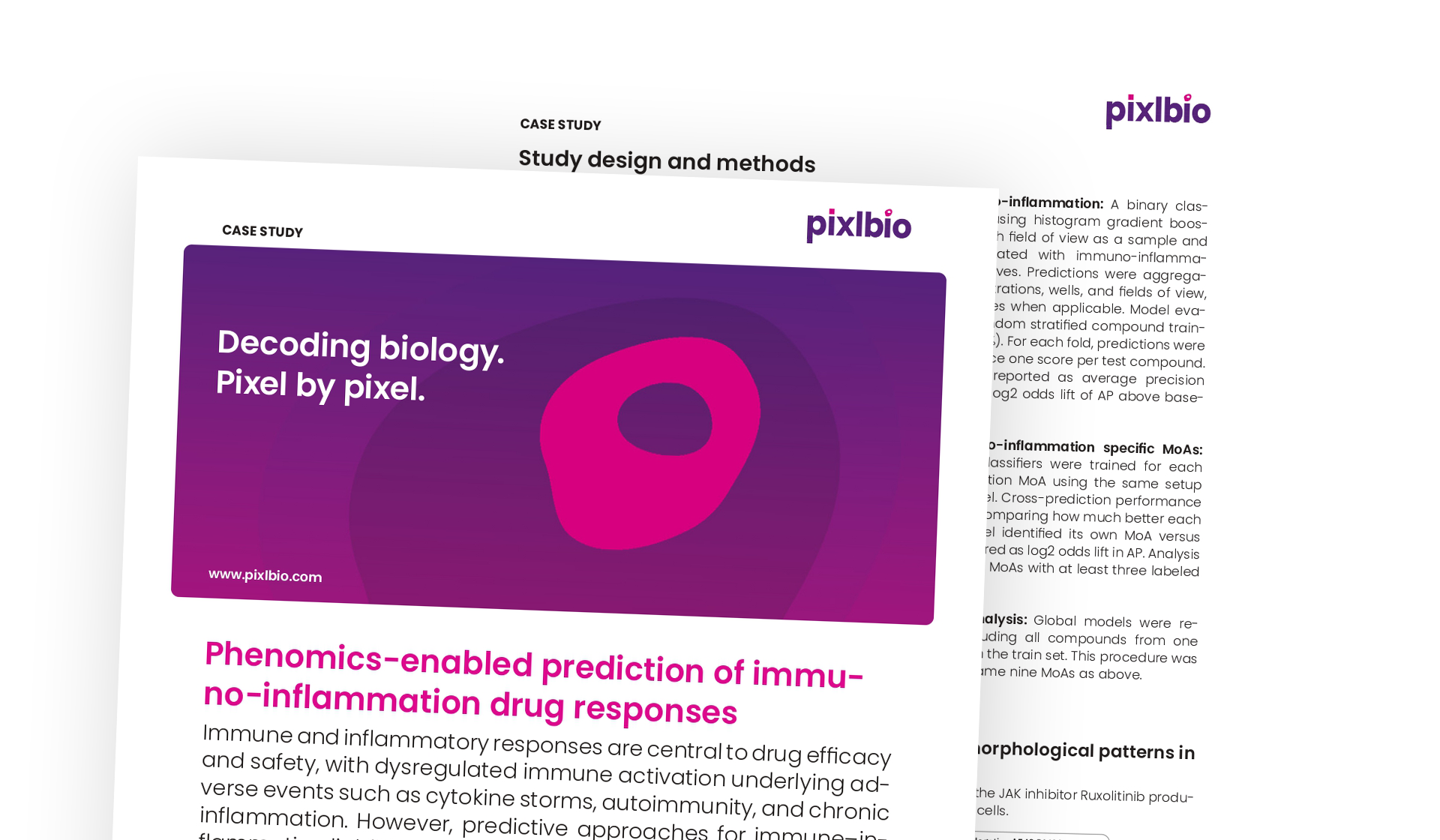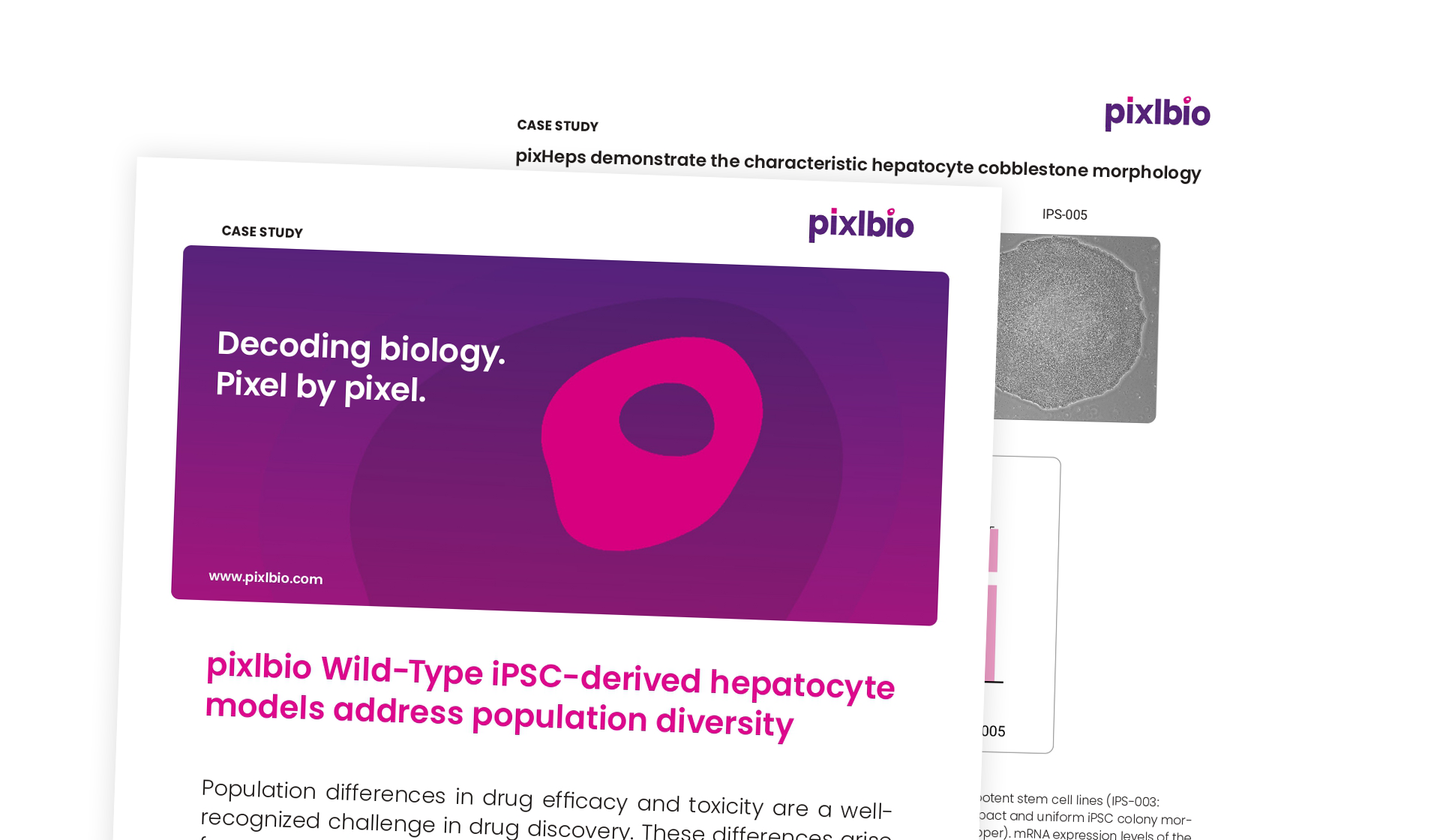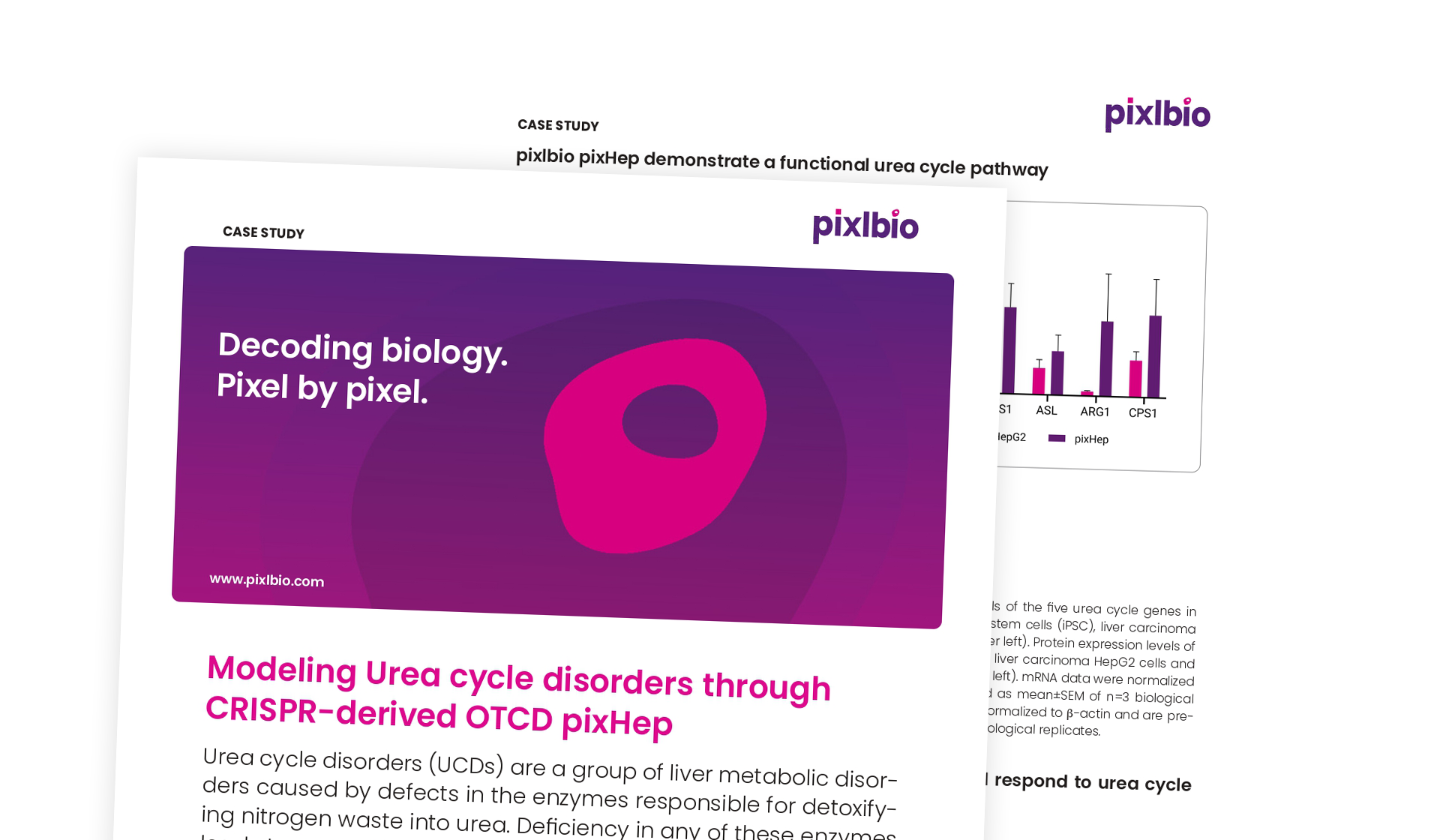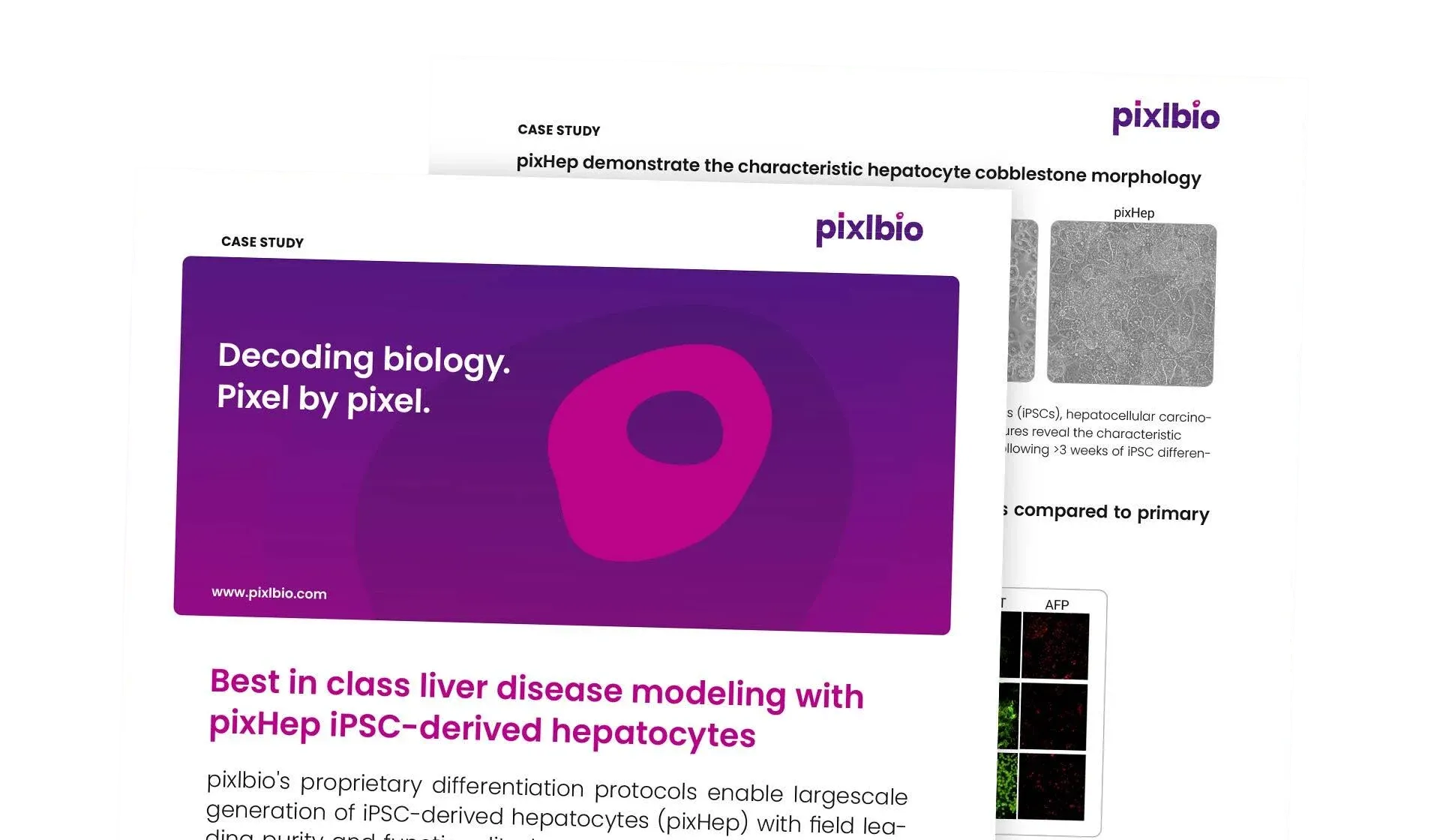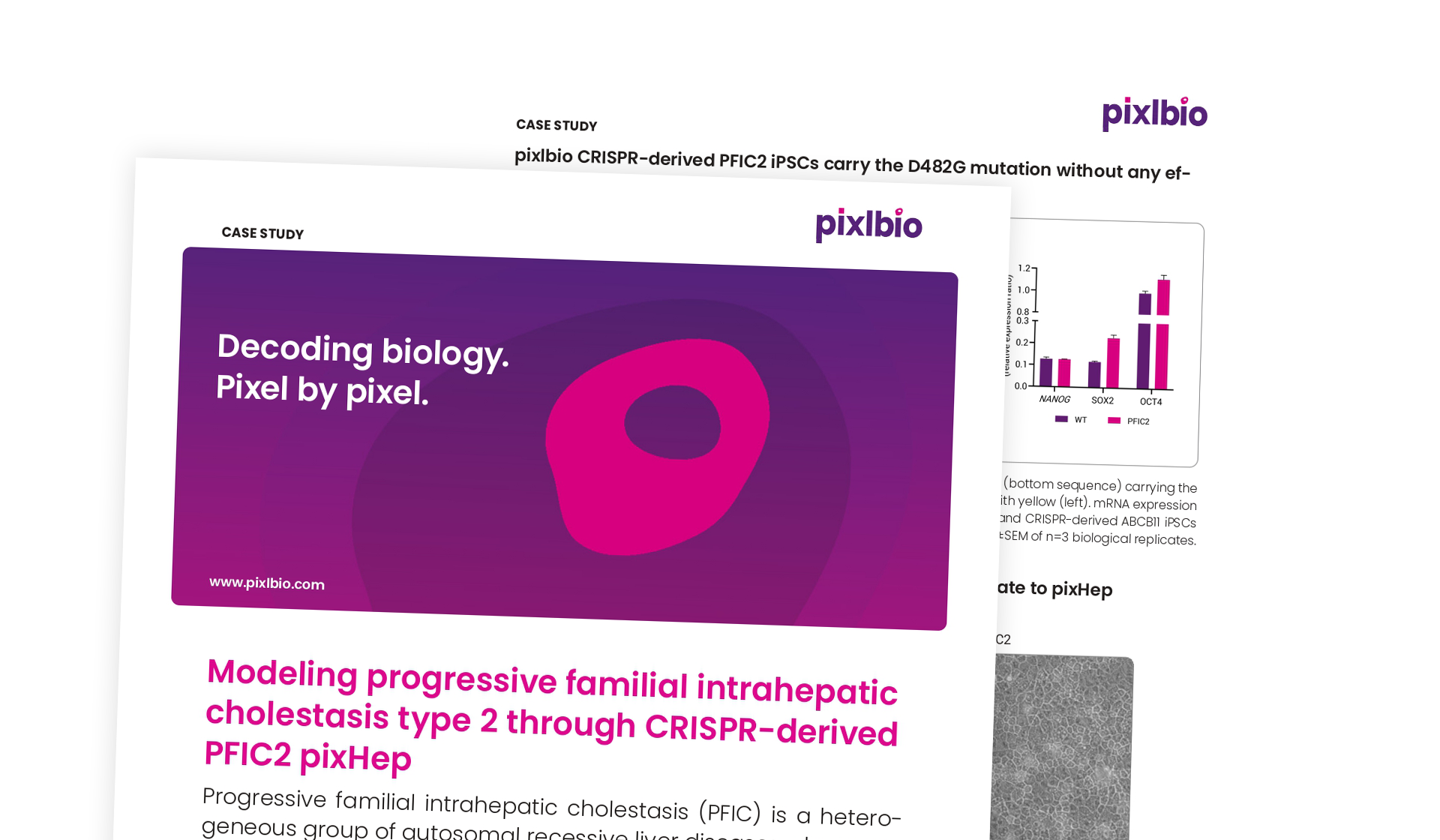pixlbio iPSC-derived intestinal organoids (pixIO) for drug metabolsim, absorption and safety assessment
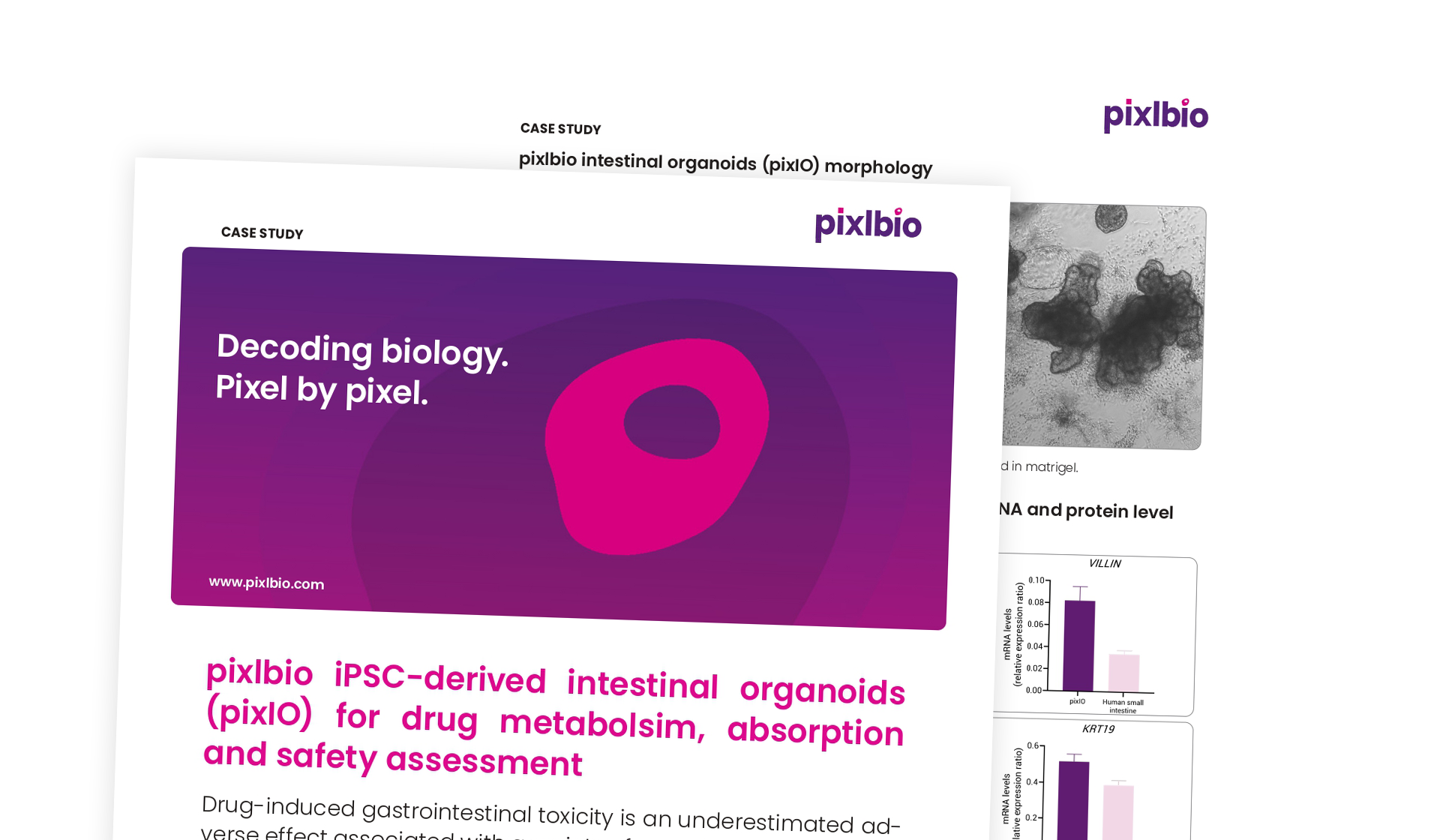

Drug-induced gastrointestinal toxicity is an underestimated adverse effect associated with a variety of symptoms ranging from asymptomatic histological changes in the gastrointestinal tissues to fatal complications. Alongside drug-induced liver injury, drug-induced gastrointestinal toxicity is a reason for drug discontinuation during drug development. However, and despite the severity of the problem, the mechanisms of drug-induced gastrointestinal toxicity are poorly understood, mainly due to the lack of relevant in vitro models able to recapitulate intestinal physiology. pixlbio intestinal organoids provide a unique in vitro system to model the human intestine. Our iPSC-derived organoids (pixIO) harbor a combination of cell types normally present in the primary intestinal epithelial in vivo, including goblet cells, Paneth cells, enterocytes, stem cells, and enteroendocrine cells. Our intestinal organoids models offer a suitable and physiologically relevant in vitro model for drug absorption and metabolism, efflux transporter studies, as well as the modeling of infectious diseases.


